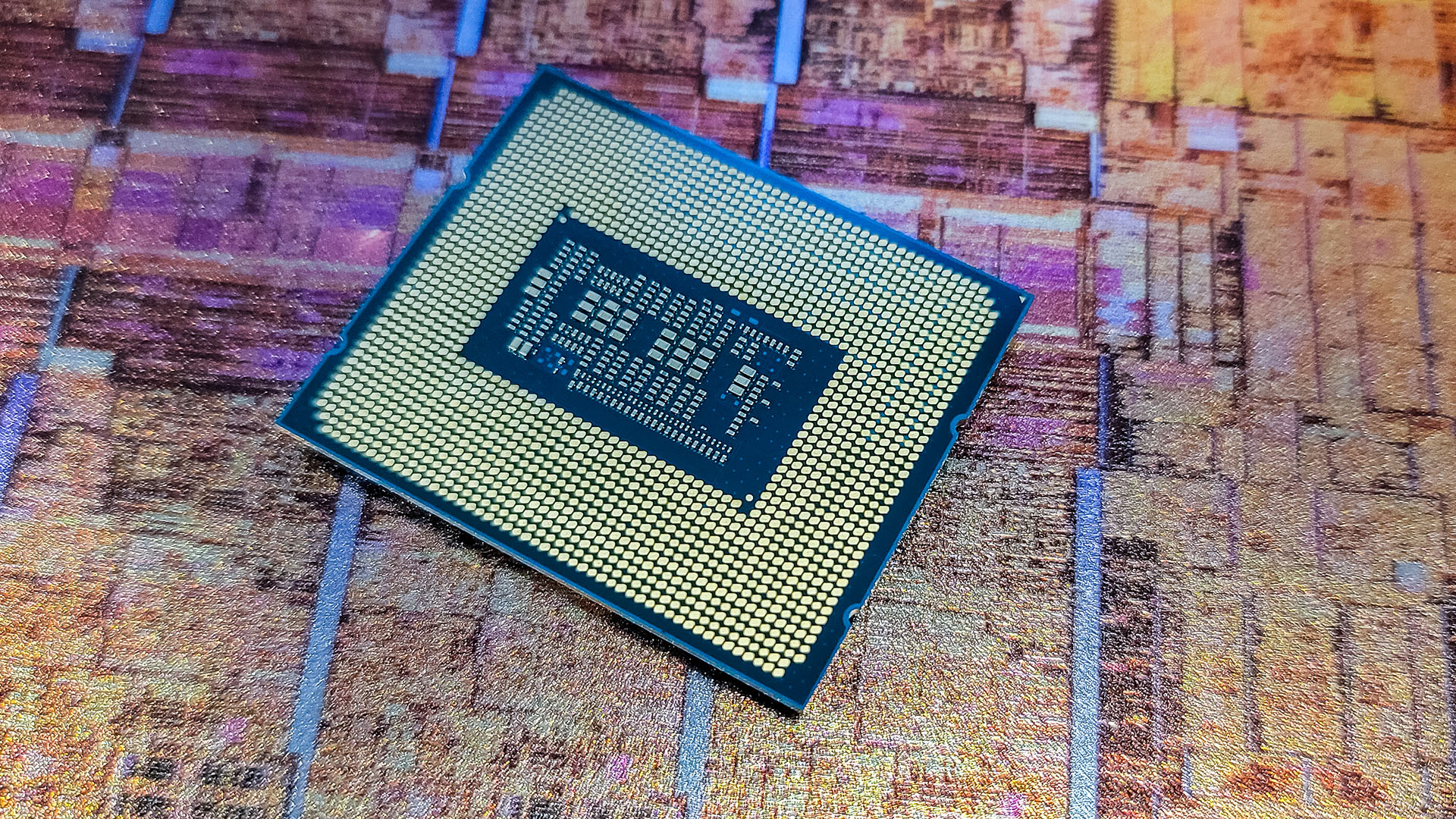Intel wants to make your next work laptop thinner and lighter than ever
Intel has some big plans for thin and light laptops

Intel has unveiled plans to help its next line of business laptop chips take on the likes of Apple's M1 hardware.
The company has announced it will soon be applying its Evo spec to notebooks, creating "vPro An Evo Design"-labelled laptops for business, with The Register reporting that Intel is planning on releasing 35 new machines in 2022 alone.
The announcement came alongside Intel introducing its 12th-Gen Alder Lake P-Series and U-series chips, specifically designed for thinner and lighter laptops. These CPUs are based on Intel's 10nm process (strangely called Intel 7) and mix Performance (P-cores) and Efficiency (E-cores) cores.
Intel vPro Evo
It's all a bit confusing, especially if you're not already deep into Intel's branding, but the basics are these:
The P-series are the top-end processors, the most high-end of which has eight P-cores and eight E-cores. There are also i5 and i7 models with eight E-cores and four P-cores.
The U-series are the more middle-range, with a heavy emphasis on the E-cores over P-cores. The i7 and i5 models have two P-cores and eight E-cores while the i3 model only has four E-cores.
Wi-Fi 6e, PCIe 4 and 3, Thunderbolt 4, and gigabit Ethernet are supported by all processor types.
Are you a pro? Subscribe to our newsletter
Sign up to the TechRadar Pro newsletter to get all the top news, opinion, features and guidance your business needs to succeed!
Intel Outside
Intel has been in a bit of a rut over the past year or so, as the once-dominant chipmaker has fallen behind rivals, lost Apple's business, and is currently undergoing a top-to-bottom rethink under a new CEO, Pat Gelsinger.
This has created space for a multitude of rivals – TSMC, AMD, Nvidia, Apple – to gain marketshare and ground.
Apple especially has been flying when it comes to processor technology in recent years, building on its work creating the A-series chips found in the iPhone and iPad.
The M-series chips, found in its laptops, desktops, and iPads, are a real breakthrough, offering huge amounts of processing power with very little power draw.
Intel isn't quite out of the race, though, and the company has big plans to expand into semiconductor fabricating (a very lucrative industry) as well as its bread and butter laptop and desktop chips.
- These are the best workstations around today
Max Slater-Robins has been writing about technology for nearly a decade at various outlets, covering the rise of the technology giants, trends in enterprise and SaaS companies, and much more besides. Originally from Suffolk, he currently lives in London and likes a good night out and walks in the countryside.